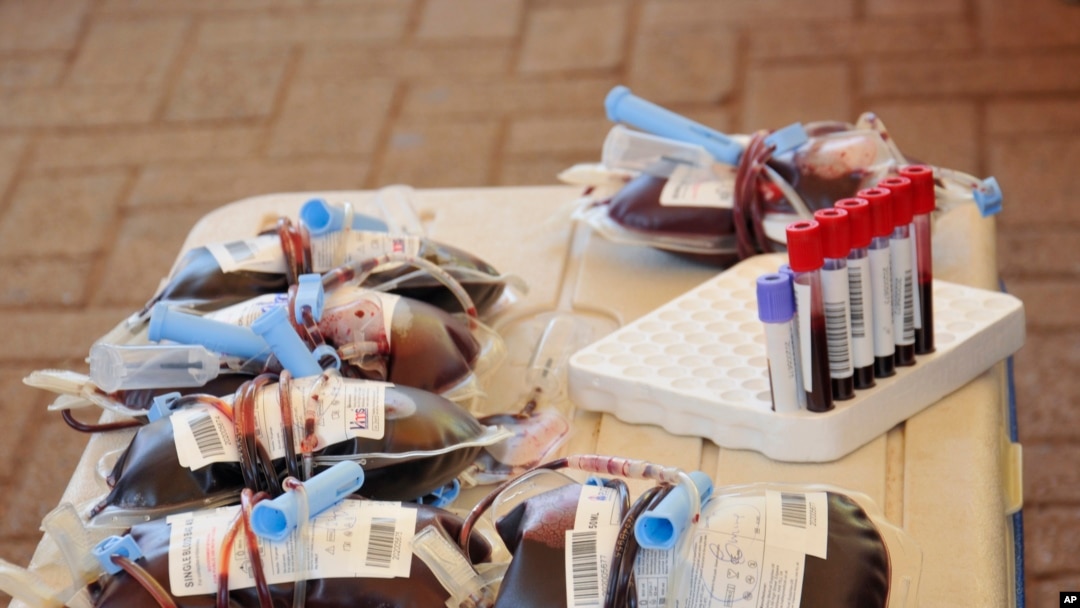Wani said patients with injuries during accidents, pregnant women, and children need blood at several health facilities throughout the East African nation, adding the national blood bank currently has five liters in its reserves — an amount enough to assist five people in need.
''We are in heavy hearts because we have not achieved our target to provide blood for the needy. In other words, blood transfusion is an act of emergency. If so, then we need to store blood in our blood banks. But in our situation that is a nightmare,'' he stressed.
Wani said many South Sudanese are not aware about the importance of donating blood.
South Sudan’s national Minister of Health, Yolanda Awel Deng, said donating blood is an act of national patriotism.
Deng said South Sudanese should embark on creating about donating blood to save lives in the East African with lack of reliable healthcare system.
“I am calling upon South Sudanese to take ownership of blood donation in our country. It has to come from a personal space. Nobody is going to force you. But it is part of a patriotic act,” Deng said.
55-year-old Lokolong Lukuam, whose son is due for an operation, told VOA he has been waiting at Juba Teaching Hospital for a good Samaritan to donate lifesaving blood for his child.
''His leg is broken, and I have brought him here. I am told to look for a person that can help to donate his blood to my son. Last time my blood was taken but it needs more,” Lukuam said.
Angelo Atem, who resides in Juba town said he has never donated blood.
''You see me now. I am very thin, maybe my blood is not enough to give to anyone. And some people also think weak people cannot give blood,'' he said.
Atem's sentiments are similar to some South Sudan who are hesitant to donate blood.
World Blood Donor Day is marked annually on June 14. This year’s theme encouraged people to “Give blood, give plasma, share life, share often.”



